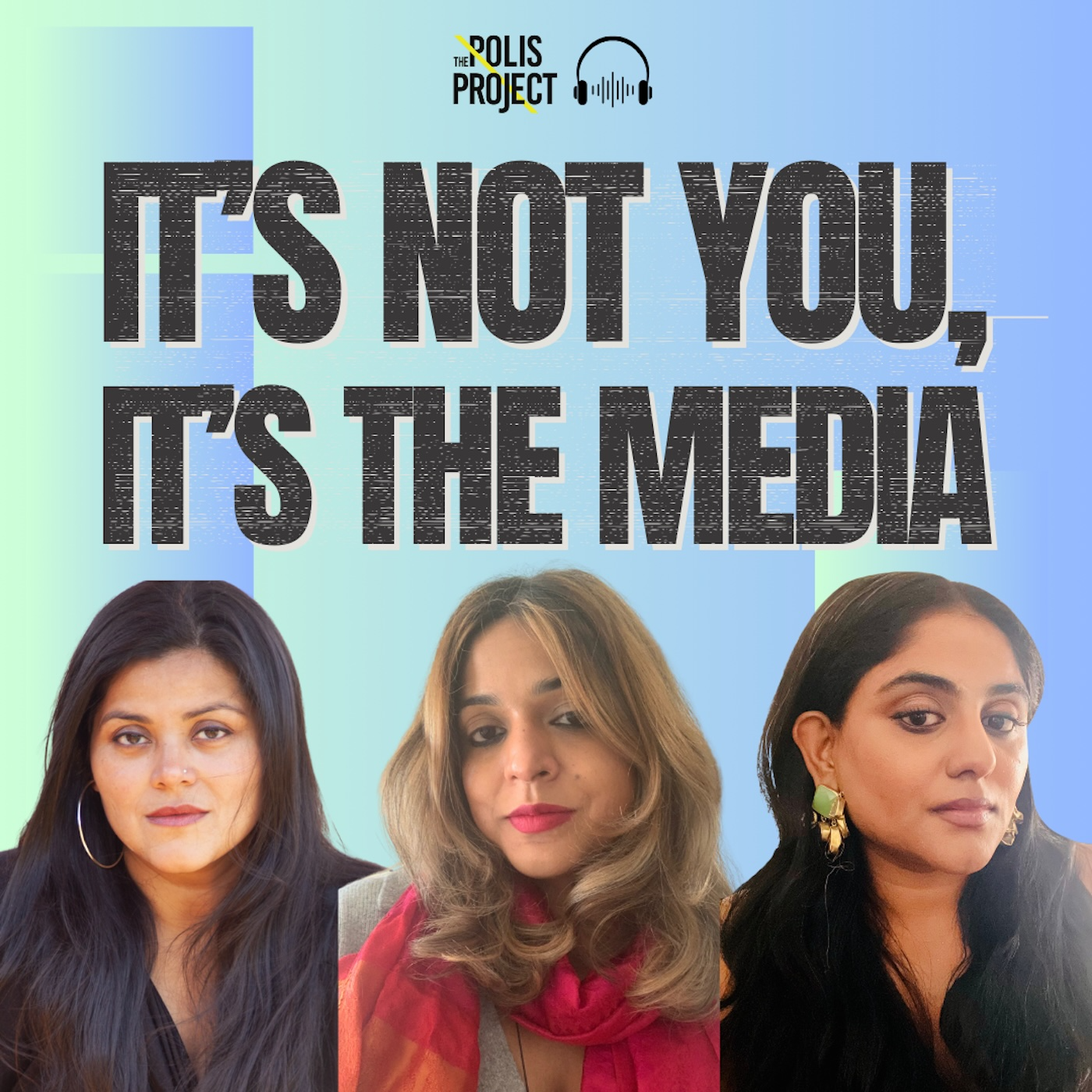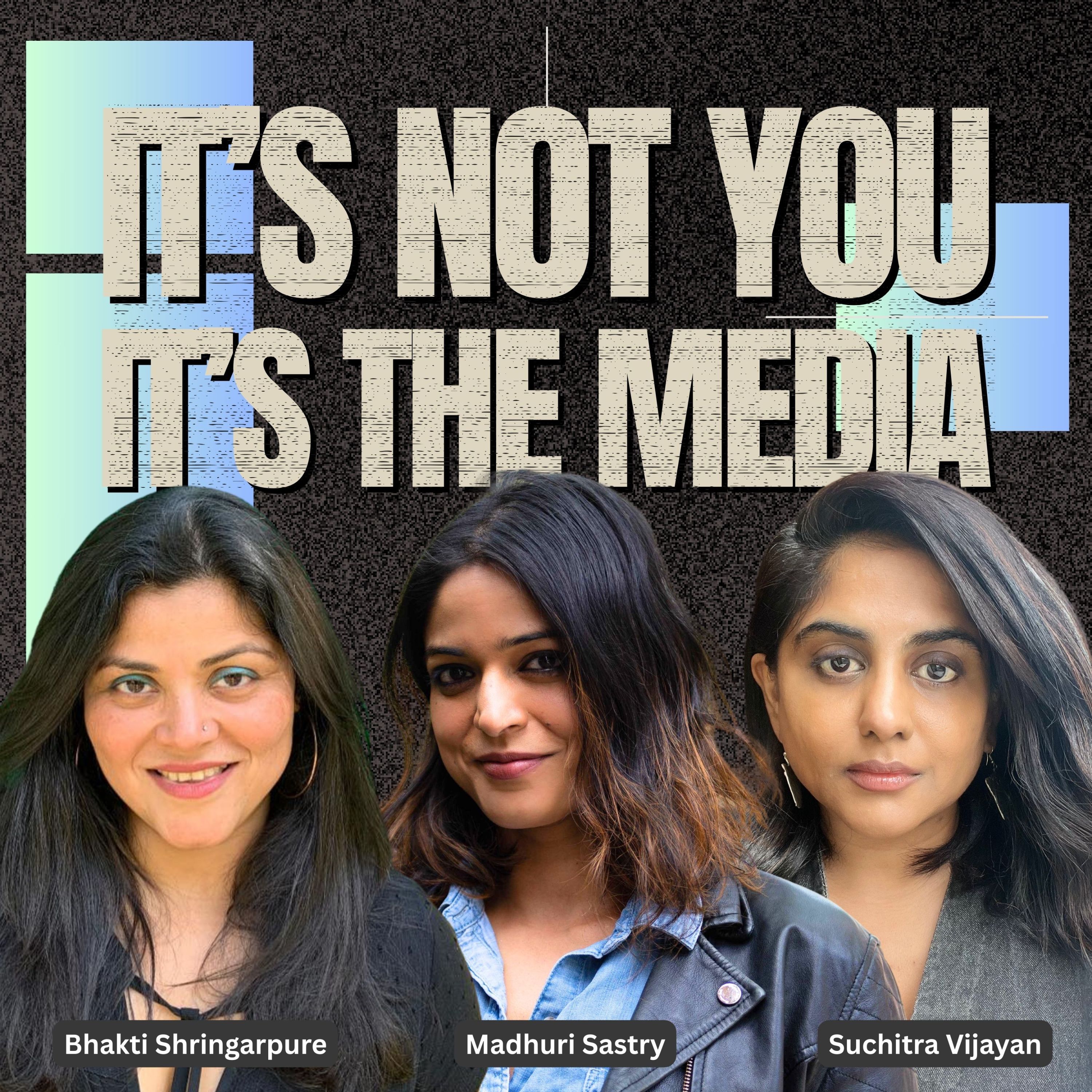Is India Developing a Fascist Aesthetic?
Suchitra, Bhakti, and Madhuri look at how India’s cultural landscape has become deeply intertwined with right-wing ideology. From Bollywood’s hyper-masculine action heroes to the aggressive iconography of Hindu gods, from the spectacle of nationalist weddings to the militarization of everyday imagery, the episode unpacks how aesthetics shape political obedience. The hosts trace how authoritarian regimes have historically used visual culture — sculpted bodies, rigid pageantry, and hyper-masculinity — to manufacture patriotic obedience. In India, these elements have been absorbed into entertainment, fashion, and religion, reinforcing a Hindutva-dominated visual order.
Bollywood has played a major role in this shift, moving from chaotic ensemble films to hyper-stylized nationalism. Hindu gods, once diverse, have been transformed into warrior-like, Aryanized figures, while traditions like “karva chauth” and luxury weddings have been aestheticized as nationalist performances. Even Narendra Modi has mastered the fascist aesthetic, from his 56-inch chest mythology to his media-choreographed religious spectacles. The episode also asks: where is counterculture? As Bollywood, media, and fashion fall in line with this authoritarian visual order, the space for resistance shrinks. The takeaway? When culture normalizes uniformity, politics follows.
Key Takeaways:
- A fascist aesthetic thrives on uniformity, hyper-masculinity, and the glorification of violence. These visual markers have become deeply embedded in Indian pop culture.
- Bollywood’s transformation from chaotic, diverse narratives to hyper-nationalist action spectacles reflects a broader ideological shift.
- Hindu iconography has been rewritten to align with muscular nationalism, transforming once-diverse religious imagery into rigid, militarized depictions.
- Cultural rituals like “karva chauth” and wedding spectacles have been aestheticized and flattened into a single, dominant narrative of Indianness that aligns with Hindutva ideology.
- Modi has mastered the performance of muscular nationalism, crafting an image of strength and control that is as much about aesthetics as it is about politics.
Keywords:
Fascism, aesthetics, muscularity, nationalism, Bollywood, Hindutva, propaganda, Karva Chauth, Modi cult, wedding industrial complex, Instagram, nationalism, consumerism, uniformity, authoritarianism, obedience, spectacle, erasure.
A podcast by The Polis Project

